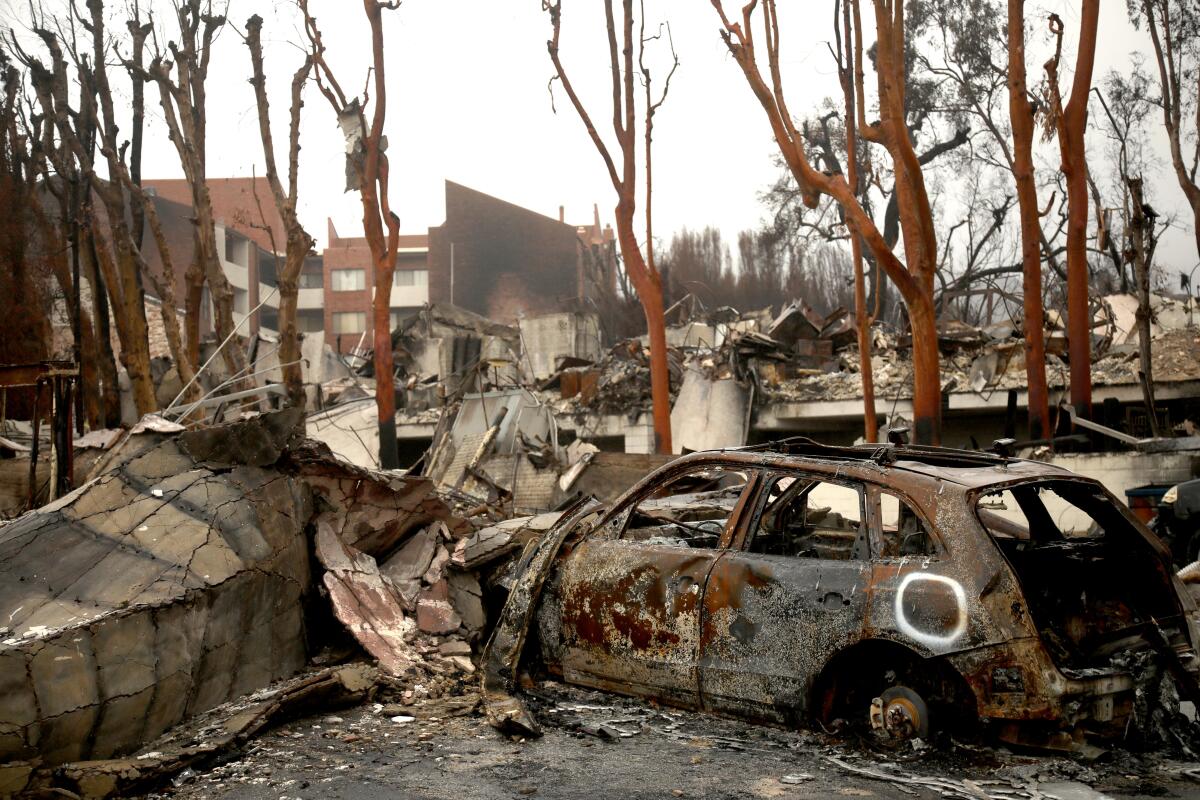The recent devastation from the Los Angeles wildfires extends far beyond immediate structural damage, revealing critical vulnerabilities within the region’s essential social infrastructure, particularly its already strained child care system.
While initial reports rightly focused on the staggering $51.7 billion in residential damage, primarily affecting areas like the Palisades, the broader impact on community well-being, especially for families and young children, demands equal scrutiny. The destruction or serious impairment of over 100 child care sites across the affected zones represents a profound blow to the very foundation of societal recovery.
Child care is not merely a convenience; it is a foundational component of a functioning society and a vital piece of economic infrastructure. It directly underpins the workforce by enabling parents to participate in the economy, fosters early childhood development, and contributes significantly to the overall stability and productivity of a community.
The loss of these crucial facilities exacerbates an already precarious situation for many families in Los Angeles. Before the fires, the child care sector was contending with shortages, affordability issues, and staffing challenges. This recent blow pushes the system further into crisis, intensifying hardships for parents seeking reliable care and potentially forcing many out of the workforce.
The direct consequence of a diminished child care infrastructure is far-reaching. Families face increased stress and financial burdens, children lose access to safe, stimulating environments crucial for their development, and the local economy suffers as a significant portion of its workforce faces insurmountable barriers to employment. This ripple effect undermines collective efforts towards comprehensive community rebuilding.
Data emerging from affected areas provides a stark measure of what truly requires urgent attention during this period of recovery. It unequivocally highlights the necessity of prioritizing investments in the child care sector alongside physical reconstruction efforts. Ignoring this vital component means neglecting the youngest members of the community and, by extension, the future health of the region.
As Los Angeles embarks on the arduous journey of rebuilding its resilient communities, the emphasis must extend beyond concrete and steel to include the social frameworks that sustain its people. A holistic approach to recovery acknowledges that robust child care support is indispensable for creating a truly stable and prosperous post-disaster environment.
Ultimately, the path to a complete recovery requires a clear understanding that leaving child care behind is tantamount to leaving children behind. By integrating robust support for early childhood education and care into every phase of the rebuilding process, Los Angeles can ensure a more equitable and sustainable future for all its residents, especially its most vulnerable.






Leave a Reply